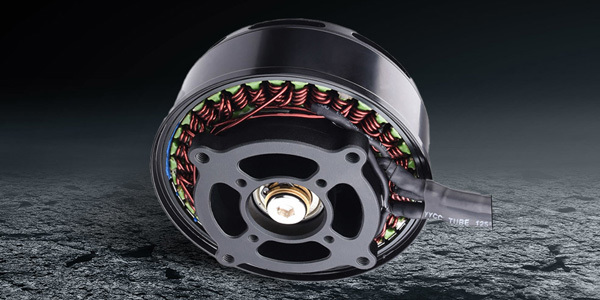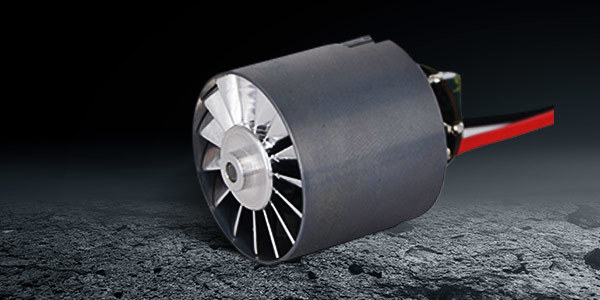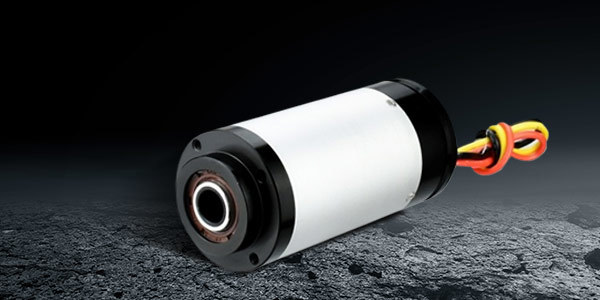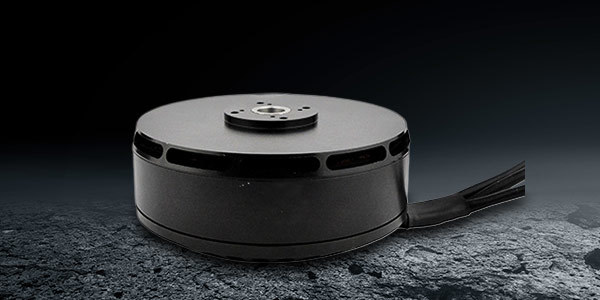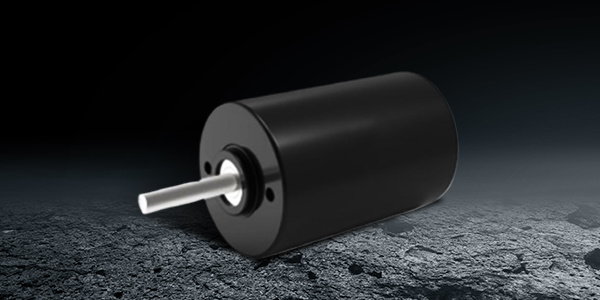Sep 11,2025
Understanding Sensorless Motor Controllers: Revolutionizing Electric Drive Systems
Sensorless motor controllers are designed to control the operation of electric motors without relying on traditional feedback sensors, such as encoders or tachometers. Instead, these controllers use advanced algorithms to estimate the rotor position and speed by analyzing the electrical signals generated by the motor itself. This approach not only reduces the overall system complexity but also cut
Sensorless motor controllers are designed to control the operation of electric motors without relying on traditional feedback sensors, such as encoders or tachometers. Instead, these controllers use advanced algorithms to estimate the rotor position and speed by analyzing the electrical signals generated by the motor itself. This approach not only reduces the overall system complexity but also cuts down on costs associated with additional hardware.
One of the primary advantages of sensorless motor controllers is their simplified design. By eliminating the need for physical sensors, these controllers can be more compact and lightweight. This is particularly beneficial in applications where space and weight are critical factors, such as in electric vehicles, drones, and portable power tools. Additionally, the reduced component count can lead to increased reliability, as there are fewer parts that can fail over time.
Another significant benefit of sensorless motor controllers is their ability to provide excellent performance even in variable load conditions. By continuously monitoring and adjusting to the motor’s electrical characteristics, these controllers can maintain optimal torque and speed without the need for constant sensor feedback. This adaptability is especially useful in applications that demand high efficiency and responsiveness, such as robotics and automation systems.
Moreover, sensorless motor controllers contribute to energy savings. By optimizing the performance of motors, these controllers can help reduce power consumption, which is increasingly important in today’s energy-conscious landscape. This feature makes them an attractive option for industries looking to improve sustainability and reduce operational costs.
In terms of applications, sensorless motor controllers are versatile. They are commonly used in various fields, including industrial automation, HVAC systems, and renewable energy systems such as wind turbines and solar inverters. Their ability to function effectively in harsh environments further enhances their appeal, as they can be deployed in conditions where traditional sensor-based systems may struggle.
In conclusion, sensorless motor controllers offer a revolutionary approach to motor control, combining simplicity, efficiency, and reliability. As the demand for advanced electrical solutions grows, understanding the principles and applications of these controllers can empower professionals in the electrical and cable control industries. Embracing this technology not only meets the current market needs but also prepares businesses for future advancements in electric drive systems.
One of the primary advantages of sensorless motor controllers is their simplified design. By eliminating the need for physical sensors, these controllers can be more compact and lightweight. This is particularly beneficial in applications where space and weight are critical factors, such as in electric vehicles, drones, and portable power tools. Additionally, the reduced component count can lead to increased reliability, as there are fewer parts that can fail over time.
Another significant benefit of sensorless motor controllers is their ability to provide excellent performance even in variable load conditions. By continuously monitoring and adjusting to the motor’s electrical characteristics, these controllers can maintain optimal torque and speed without the need for constant sensor feedback. This adaptability is especially useful in applications that demand high efficiency and responsiveness, such as robotics and automation systems.
Moreover, sensorless motor controllers contribute to energy savings. By optimizing the performance of motors, these controllers can help reduce power consumption, which is increasingly important in today’s energy-conscious landscape. This feature makes them an attractive option for industries looking to improve sustainability and reduce operational costs.
In terms of applications, sensorless motor controllers are versatile. They are commonly used in various fields, including industrial automation, HVAC systems, and renewable energy systems such as wind turbines and solar inverters. Their ability to function effectively in harsh environments further enhances their appeal, as they can be deployed in conditions where traditional sensor-based systems may struggle.
In conclusion, sensorless motor controllers offer a revolutionary approach to motor control, combining simplicity, efficiency, and reliability. As the demand for advanced electrical solutions grows, understanding the principles and applications of these controllers can empower professionals in the electrical and cable control industries. Embracing this technology not only meets the current market needs but also prepares businesses for future advancements in electric drive systems.
Previous: Understanding Fan Brushless DC Motors: Key Features and Applications
Next: Sensorless BLDC Motors: The Future of Energy Efficiency

